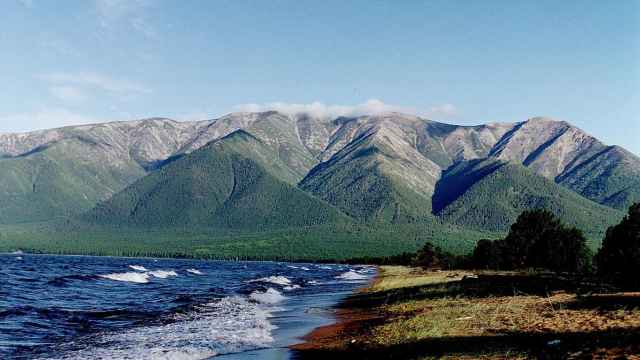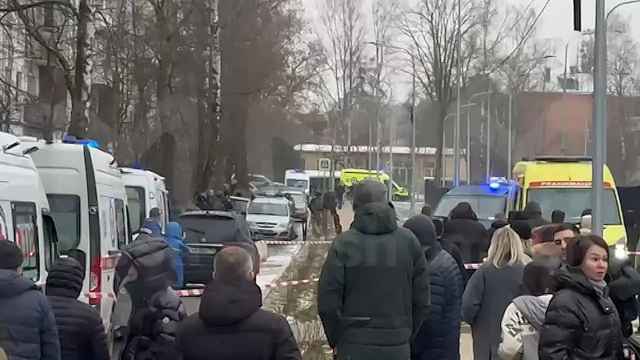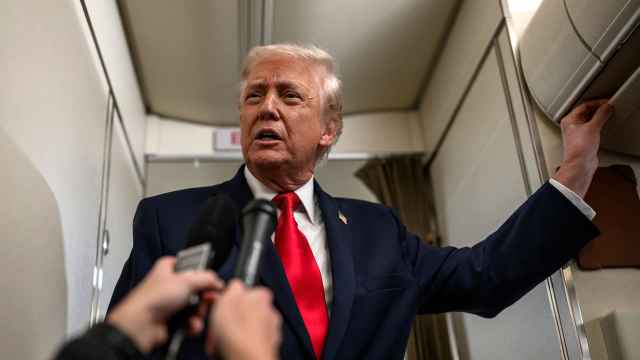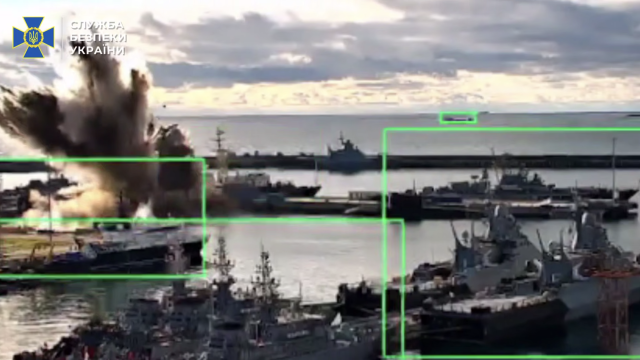"Editors Note: This is the first in a series about the effects of WTO accession on different sectors of the economy."
Russian farmers will not have to go on a painful fiscal diet under the accession terms that the World Trade Organization approved for the country.
The entry conditions stipulate that the government can spend no more than $9 billion in "trade-distorting agricultural support" next year and in 2013 — an amount that is close to double what Russia spent to support the sector this year.
According to the terms, the government will gradually reduce the "distorting" support — the kind that has a direct influence on the price or quantity of products — to $4.4 billion in 2018.
This year's federal budget earmarked 168 billion rubles ($5.4 billion) for agricultural subsidies and other support measures, Agriculture Minister Yelena Skrynnik said last week. The larger share of the subsidies went to partially cover interest rate payments.
The high ceiling in the WTO agreement is what negotiators arrived at after taking the massive Soviet-era subsidies as a starting point, said Sergei Prikhodko, executive director of the Gaidar Institute, an economic think tank.
"I don't think this has any sense," he said of the $9 billion number.
Subsidies also help buy motor fuel, insure harvests, breed cattle, facilitate deer farming in the Far North and produce seeds, among other things.
In addition to subsidies, the support measures included 25 billion rubles ($800 million) allocated to farmers in zero percent budgetary loans this year.
Much of the subsidies aimed to support the sector after a devastating drought that decimated a large portion of the harvest in the summer of last year — and the need for them may disappear over the next few years anyway. These additional subsidies included 5 billion rubles for preserving breeding stock and 9 billion rubles to cover a portion of the cost of feedstock for pork and poultry farms, Skrynnik said last week.
Under the WTO rules, some government funding for the sector will remain outside the organization's limitations. It will include money for research, disease control, infrastructure and food security. Payments to assist farmers to restructure their business and programs to encourage agricultural and rural development will also stay unaffected.
The WTO conditions that Russia committed to, in fact, allow it to increase subsidies that reimburse farmers on a portion of their interest rate payments of bank loans, said Sergei Voznesensky, an expert at the engineering company 2K that deals with agriculture.
In other agricultural support restrictions, the WTO required that Russia slash its export subsidies to zero. Russia, however, doesn't have any, Voznesensky said.
The WTO terms for Russia also say the country committed to eliminate, upon accession, the value-added tax exemptions applied to "certain domestic agricultural products." Prikhodko said he was unaware of any such exemptions.
A Message from The Moscow Times:
Dear readers,
We are facing unprecedented challenges. Russia's Prosecutor General's Office has designated The Moscow Times as an "undesirable" organization, criminalizing our work and putting our staff at risk of prosecution. This follows our earlier unjust labeling as a "foreign agent."
These actions are direct attempts to silence independent journalism in Russia. The authorities claim our work "discredits the decisions of the Russian leadership." We see things differently: we strive to provide accurate, unbiased reporting on Russia.
We, the journalists of The Moscow Times, refuse to be silenced. But to continue our work, we need your help.
Your support, no matter how small, makes a world of difference. If you can, please support us monthly starting from just $2. It's quick to set up, and every contribution makes a significant impact.
By supporting The Moscow Times, you're defending open, independent journalism in the face of repression. Thank you for standing with us.
Remind me later.





